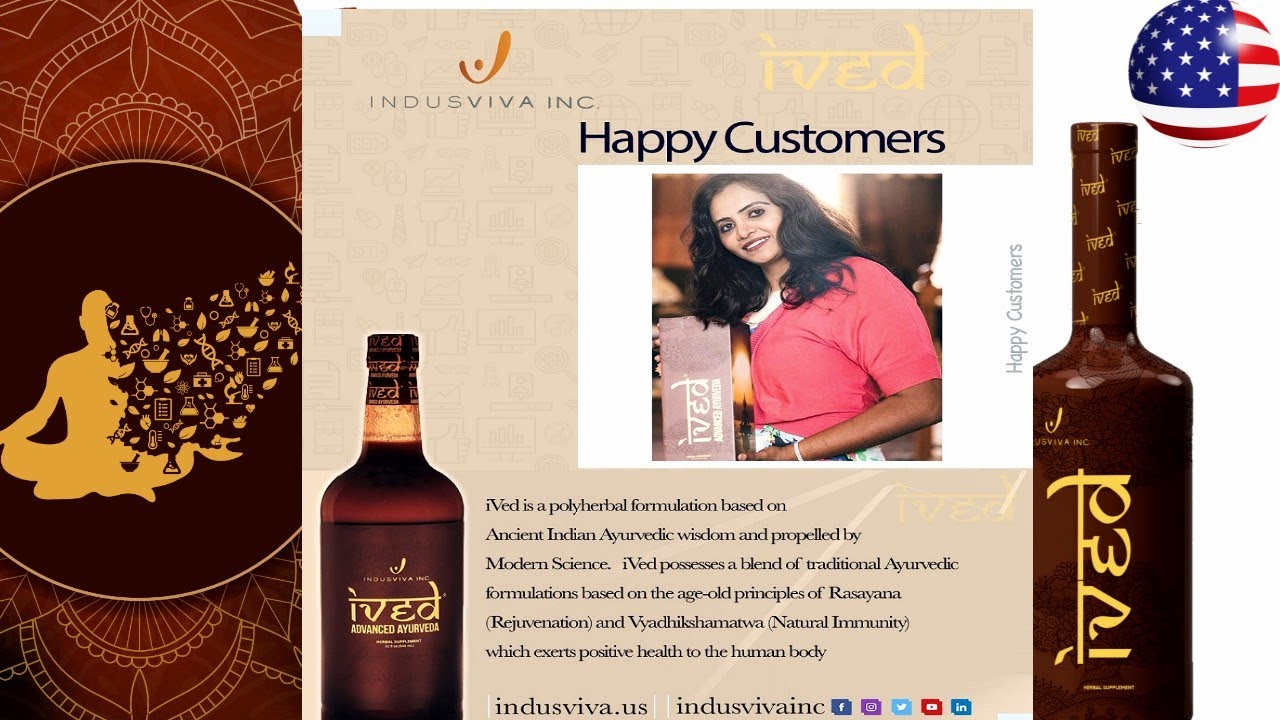The walls of the digestive tract play a very important
role in our relationship with food. Diverticulosis is a condition that occurs when
pockets form in the digestive tract. These pockets, called diverticula, mostly
form in the colon (the lower part of the large intestine). The lining of the
inner intestine pushes through the weak spots in the outer lining which leads
to the pouches being created. The lining of the intestine doesn’t like to be
pushed, and forms pouches in its defense. This causes the diverticula to become
irritated and inflamed (diverticulitis). This condition is more common in
people over 60, possibly due to this pouch effect showing more with age.
Research links genetics as a culprit and this is more common in men than woman.
The problem is that these pouches cause stomach
discomfort including bloating, diarrhea, cramping, and constipation. These
symptoms combined with a colonoscopy or x ray can diagnose diverticulosis. After
being able to see the pouches the doctor might run other tests such as a blood
sample or ACT scan to look at the digestive tract. There is also a GI series of
tests that can better look at the large intestine.
The colon (large intestine) is about 6 feet long. Its
primary function is to eliminate waste material from food that was digested by
the small intestine. The pouches cause problems and treatment is aimed to
reduce their havoc. A doctor might first recommend eating a diet higher in
fiber to help alleviate pain and gas. Today’s world of processed carbohydrates
has caused many to be fiber deficient. A diet low in fiber can create hard
stools that are difficult for the body to pass. Now the colon has to use added
pressure (the pressure that causes the diverticula to form). Once these pouches
form, they do not go away. Good sources of fiber include fruits and vegetables,
legumes, beans, and whole grains. Possible foods to avoid include popcorn,
poppy seeds, and sesame seeds. Probiotics can be useful in fighting off
diverticulitis with their bacteria power.
There are not exactly any foods that must be avoided
having this condition, but there are certain troublesome types to keep at
minimum. These include foods high in fermentable oligosaccharides, disaccharides, monosaccharides, and polyols
(FODMAPs). Examples of these foods include dairy, beans, brussels sprouts, onions,
garlic, and fruits such as apples, plums, and pears.
Stomach discomfort that can be debilitating is very troublesome and frustrating. Talking to a gastroenterologist to find relief is very important. There can be help and hope to alleviate some of this pain and hopefully find a solution such as an antibiotic or fiber supplement to aid in your stomach woes.
Diverticulosis and Diverticulitis | Gastroenterology | JAMA | JAMA Network
Diverticular disease : Journal of the American Academy of PAs (lww.com)
Diagnosis and Management of Acute Diverticulitis (aafp.org)



